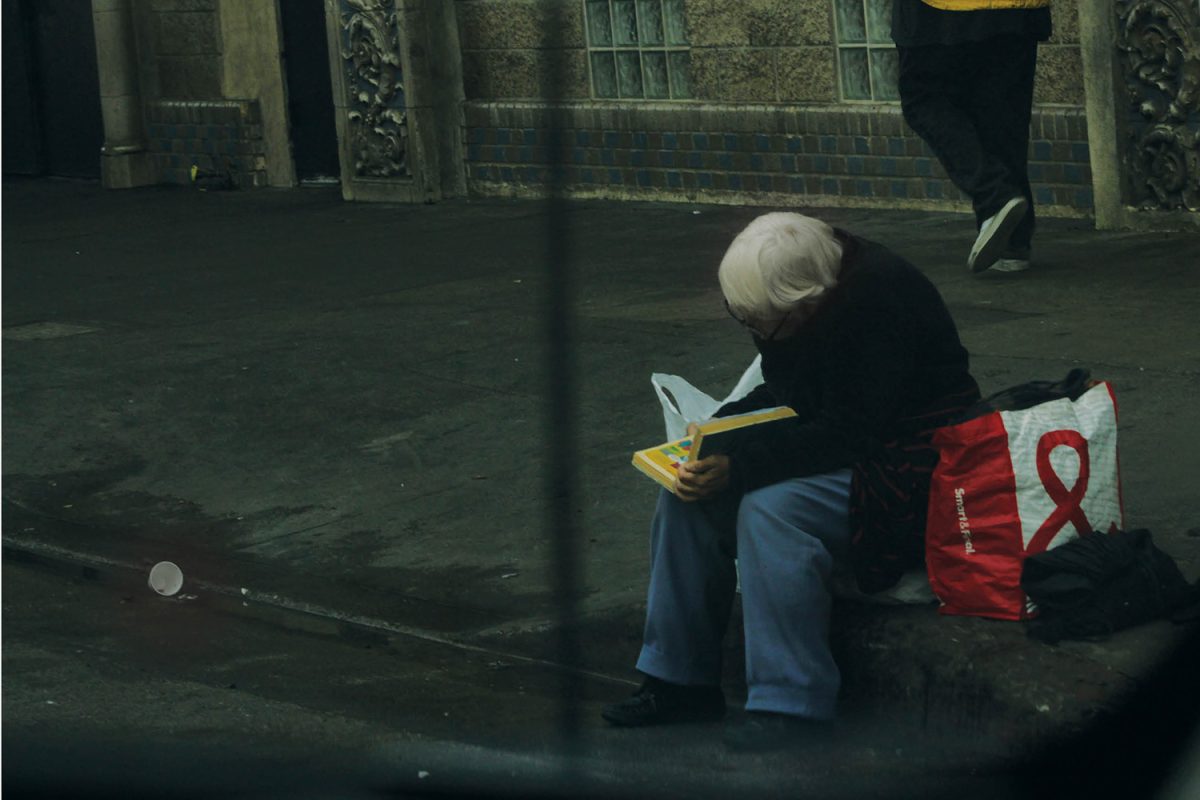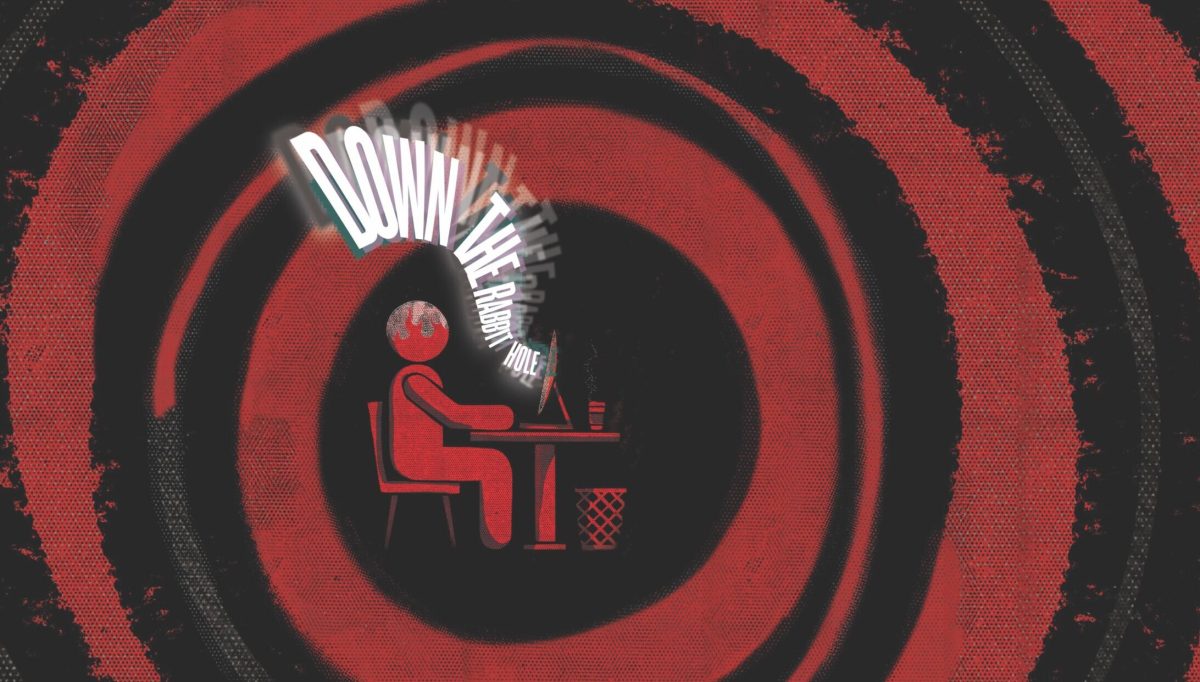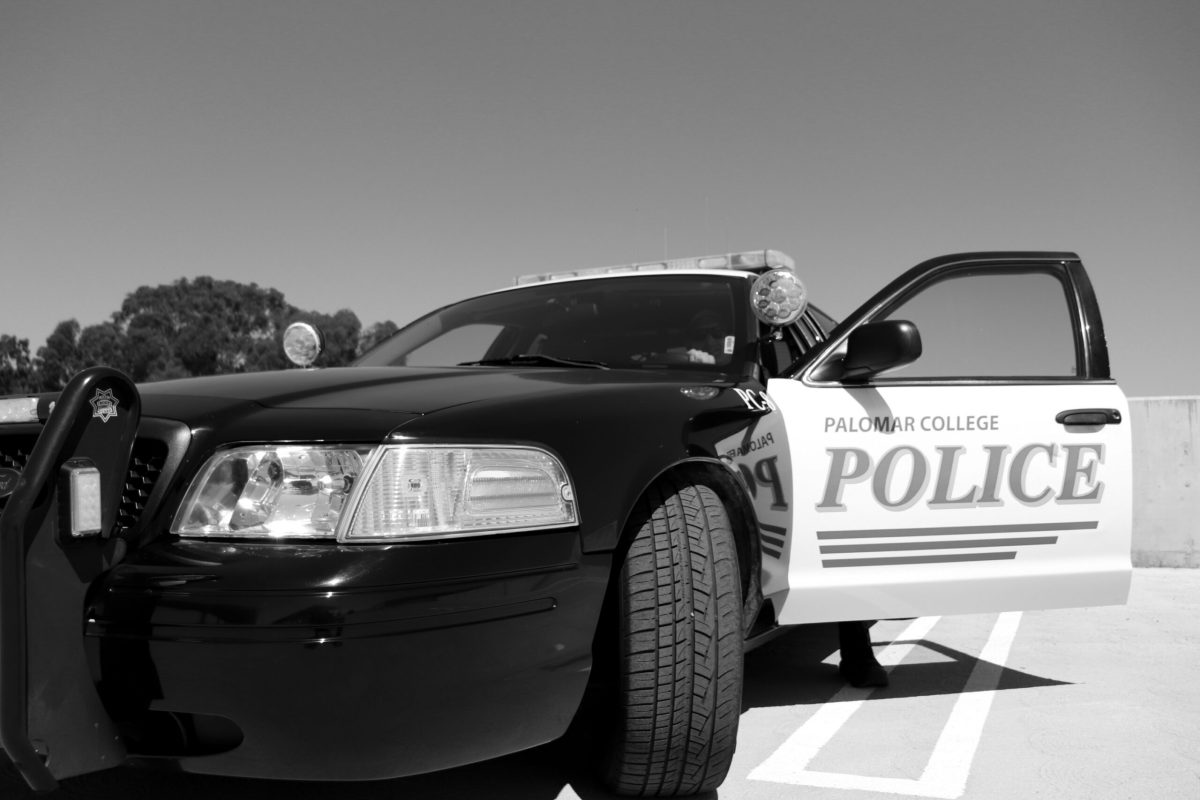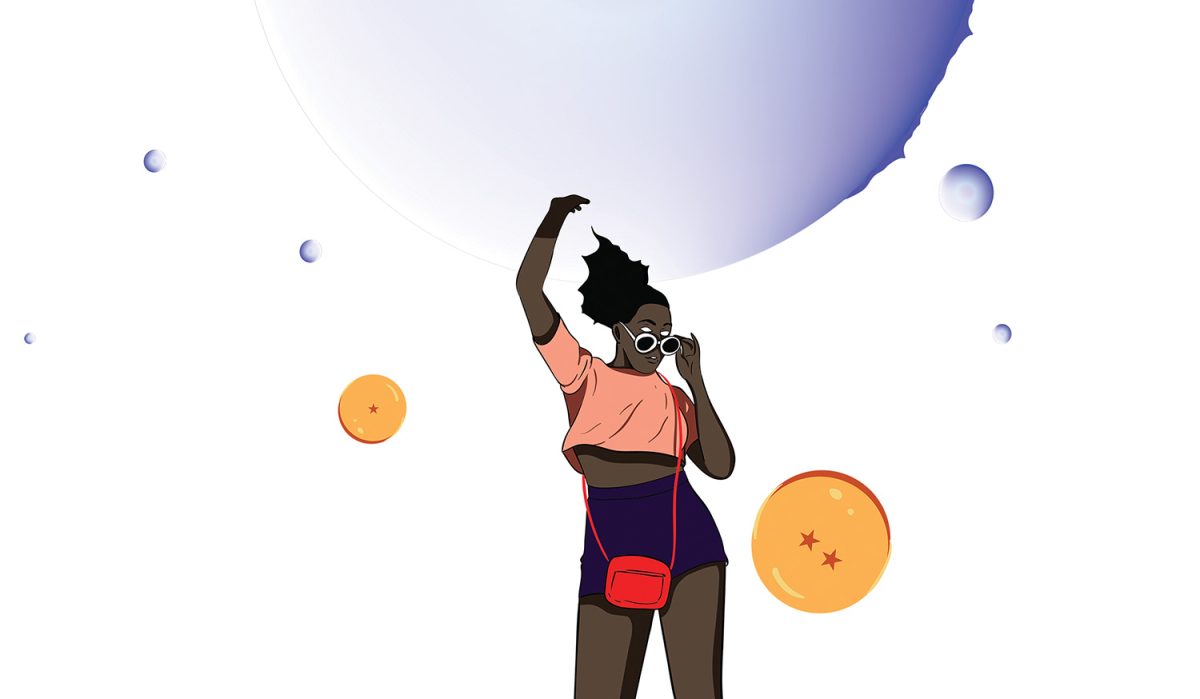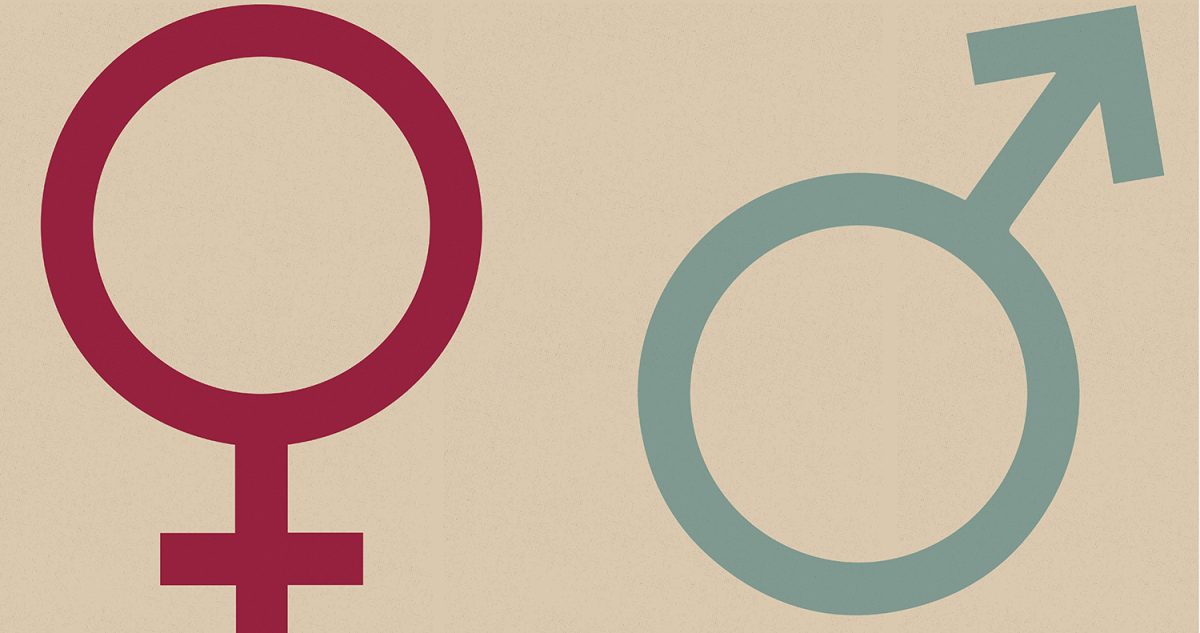With the rise of poverty and the working class, there are many hurdles that have to be made known to the community.
The streets of Los Angeles are dark and mysterious within every corner and alley. Downtown Los Angeles contains many luxurious areas such as the art district, which is filled with creative murals, new restaurants and niche bars to drink to the heart’s content, boutiques to shop that intrigue the wealthy.
But near these amenities of luxury and comfort in the art district lies an area nicknamed “Skid Row,” a district plagued by poverty that has been on the rise since 2007, but with very little help, the growth of homelessness has been steadily rising every year.
It creates an area where people are shouting in tongues similar to those heard in horror films, and women with children are pushing shopping carts in the middle of the street. It’s a place where the birds and the people delight in walking and talking to each other. Drugs begin to take the most desperate of people, causing their minds to shift, they themselves cause utter madness within this dystopian area.
It’s a place of despair, where the cry of the needy are clashed by the glitz and glamor of the richer class. In luxurious areas such as Hollywood, a place so vast in wealth, they do hardly anything to help with surrounding communities.
According to a yearly report by The National Alliance to end homelessness, “From 2016 to 2017, homelessness increased nationally by 0.7 percent. The largest increases were among unaccompanied children and young adults (14.3 percent increase), individuals experiencing chronic homelessness (12.2 percent increase), and people experiencing unsheltered homelessness (9.4 percent increase).”
Specifically California, the beacon of progressivism has experienced an increase of homelessness. According to the above report, “California reported the largest increase in unsheltered homelessness by far (13,252 people) as well as the largest increase in chronically homeless individuals (5,996 people).”
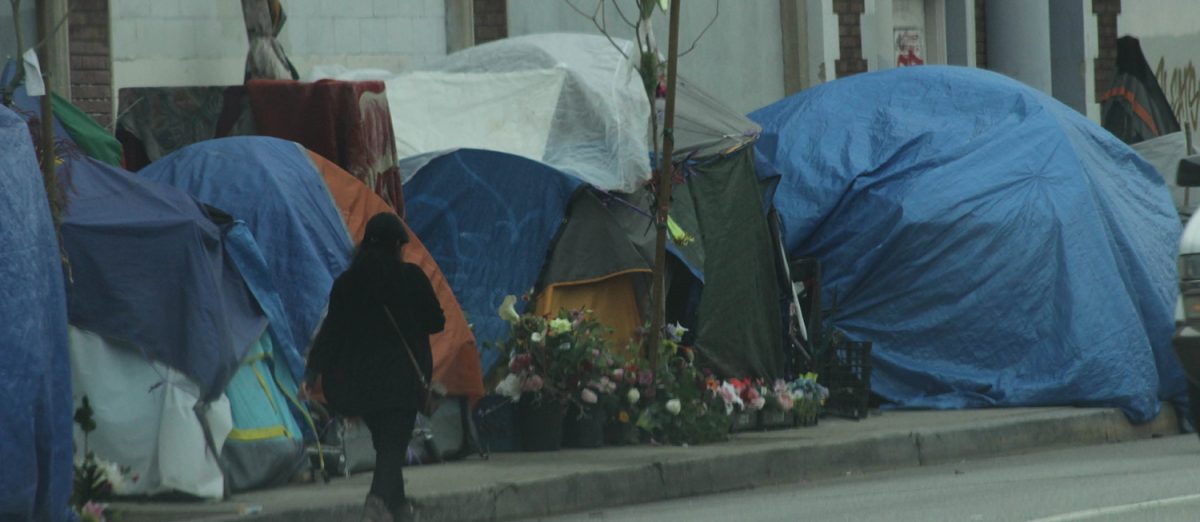
There was an estimation by the National Alliance report that indicates,” There are an estimated 553,742 people in the United States experiencing homelessness on any given night, according to the most recent national point-in-time estimate (January 2017).” It goes on to say that approximately, “17 people experience homelessness per every 10,000 people in the general population.”
To continue to suppress the homeless, county laws are then placed to expunge them from the streets such as the Los Angeles County code 41.18(a), which states that the law, targeted at the homeless, prohibits individuals from occupying any space on public sidewalks that might be considered an irritation by passerby’s.
Why do we as a community allow our state to continue punishing the homeless while we ignore the issue, creating a complex and inexcusable problem?
Other counties in surrounding areas have done the same to remove homelessness with brute force. For example, the Oceanside County law to remove homelessness from the beaches, is in section code 19.5 in which it states, “No person shall maintain or occupy any overnight camp or sleep otherwise on the beach during the hours between sundown and sunrise, nor maintain or occupy at any time a tent.” We do this in the name of security, but in fact we do this to pretend to resolve the issue, but we do not solve the main problem.
From homeless to the working class, the difference is very little while the homeless have to deal with where to put their tents or cardboard boxes. The working class has worries of getting a job, or trying to pay the bills on time. Though the welfare system has been on a downward spiral through political actions and new laws, it becomes ill funded to help even the working class that struggle everyday to make ends meet. Through this it creates more anxiety of the working class while economically suffocating the middle class.
The American dream has become an “American Illusion” according to law professor Philip Alston, who in 2014 was appointed as a United Nations special rapporteur on extreme poverty and human rights. According to his report on what he found in the major areas, it reveals the struggle of the working class to make ends meet, that according to NPR, “stereotypes serve to undermine the poor — and are used to justify not coming to their aid. So the rich are industrious, entrepreneurial, patriotic and the drivers of economic success. The poor, on the other hand, are wasters, losers and scammers,” Alston said. And because of this, he said, that many people believe, “Money spent on welfare is money down the drain. Money devoted to the rich is a sound investment.”
Thus, many people including those with power, succumb to this false narrative that the poor only use welfare for their own benefit, lust for materialistic luxuries such as a smartphone rather than helping with the basic necessities such as finding employment. As this becomes mainstream with more biased media, the poor become ever more poor with corporate growth and low-income wages that do nothing for the proletariat masses of this country. The plutocrats (person power derives from their wealth) have become ever more greedy and succumbed to their own selfish desires.
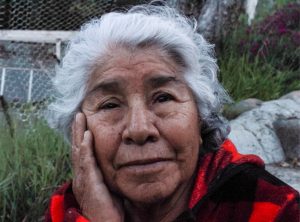
Natalia Salvador, an 80-year-old female worker from Oaxaca, Mexico emigrated to the United States and stayed for a while in Los Angeles. When she was young, she worked as a dressmaker for a woman for 12 years while her husband was working as a gardener.
Then one day her husband and her son had come across the owner of the lawn that they were working on, and he asked them to help them take care of a ranch in Temecula, “Three years he spent working for the owner being a caretaker for the ranch and then I came to live with him in the ranch helping as a caretaker,” Salvador said.
She then continues that she has been a caretaker with her husband for 20 years. Their house is built not a couple miles away from the owner’s house, it is laid upon a hill, the grass is mixed with the cement creating an uncanny road to the owner’s house.
Salvador’s house is simple and undemanding compared to the owner’s property, but is more similar to that of a farmers house, in which it is built just to keep a roof over their head, while chickens and roosters roam free picking the ground as they go. Salvador has a dog that seems to be fond of rolling around the grass.
The owner’s house consists of stone and marble, creating an appealing house filled with paintings and luxurious tapestry, the trees are wide and tall that create a cool breeze when walking towards the house. A pool is not far from this luxurious house, built elegantly with massive rocks on each side, covering all around the entrance, and she points at the pool and says, “Sometimes my boys jump in when the owners are not here.” Besides her work, the over more than an acre of ranch shows her fondness for gardening.
She sits on steps and extends her right hand toward this area that seemed to consist of different colors of flowers. She has a fondness for roses and watching the flowers grow, and watering them. “For a little bit I start to read in my tablet, scriptures in the Bible in my room,” she said. In addition to her religious faith and gardening is her acute awareness of local news as well as national news. “Once I finish making dinner for my husband I sit and read, then I watch the news though I sometimes don’t because of work and finishing the flowers,” Salvador said.
Though her life is of a beautiful happy ending, she then looks away towards the vast area, she puts her hand under her right cheekbone and looks away for only a split second, and said, “The owner wants to sell the ranch. I don’t know what are we going to do when he sells it. I have already seen people look around the property but the price is too expensive so I think we won’t be leaving anytime soon.”This is of one of the many tales of fear of losing something they have been doing for such a long time.
This has become a struggle of the proletariat and the poor. If we do not act now and help the homeless and the working class, we will someday become like them with overflowing carts pushing along the middle of the street, talking to birds, sleeping everywhere like wandering nomads with no destination.

